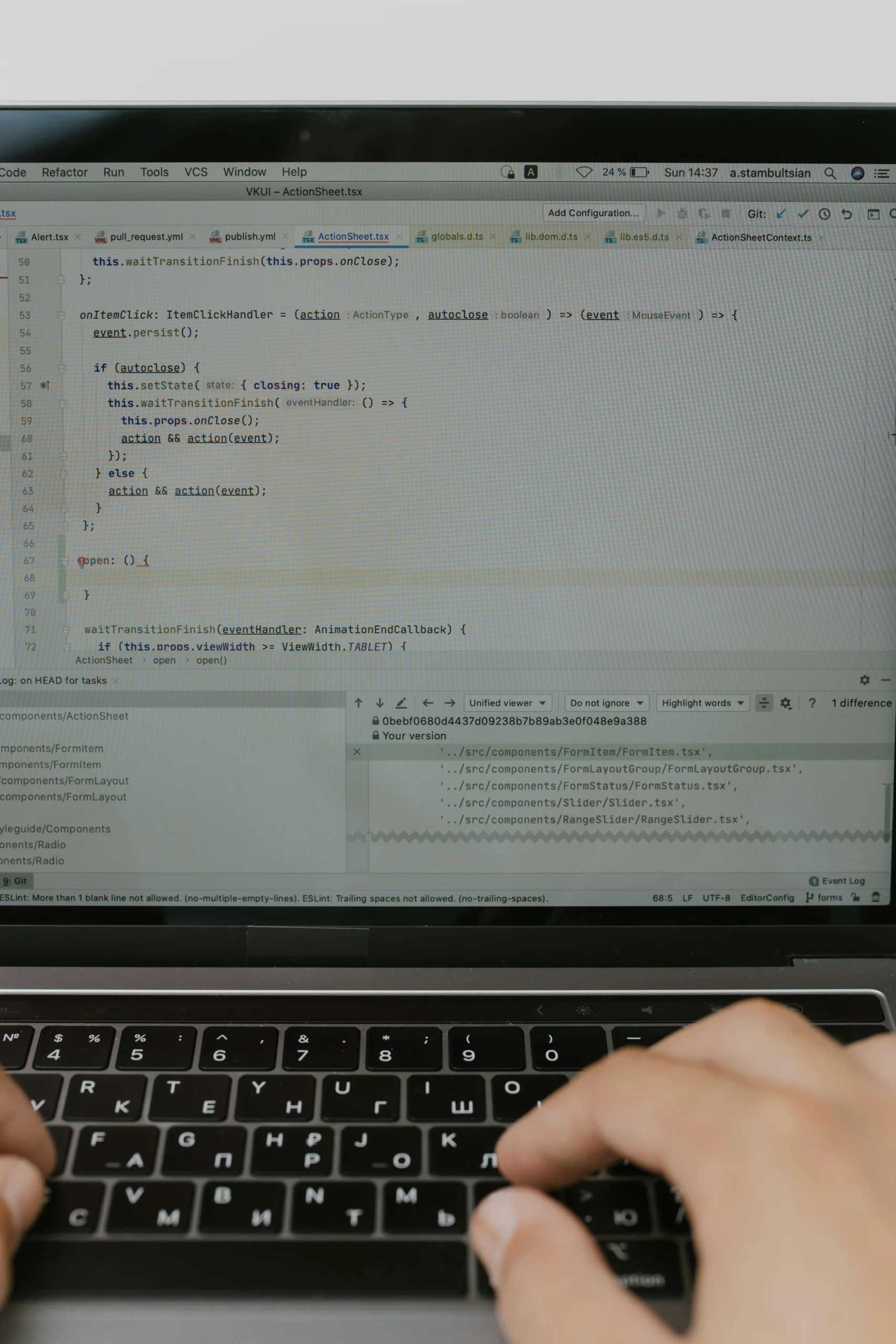Reliable data quality is critical for analytical processes involving tabular datasets, yet many existing approaches are hampered by inefficiency and high computational costs. The proposed framework utilizes a three-stage method that combines statistical analysis with large language model (LLM) assistance to create and validate quality rules automatically. Initial filtering of data samples is performed using traditional clustering methods, after which LLMs are prompted to generate semantically valid quality rules based on retrieved external knowledge and domain-specific examples.
This approach not only streamlines the generation of quality rules but also includes mechanisms to synthesize executable validators. By ensuring robust guardrails throughout the process, it maintains the accuracy and consistency of both the generated rules and code snippets. Evaluations conducted on benchmark datasets demonstrate the effectiveness of this hybrid methodology, presenting a viable solution for improving data quality.
With data quality remaining a significant challenge in many sectors, the implications of this framework are profound. By reducing the need for human intervention and increasing efficiency, organizations could significantly lower costs associated with data validation and improve the reliability of their analyses.
👉 Pročitaj original: arXiv AI Papers








